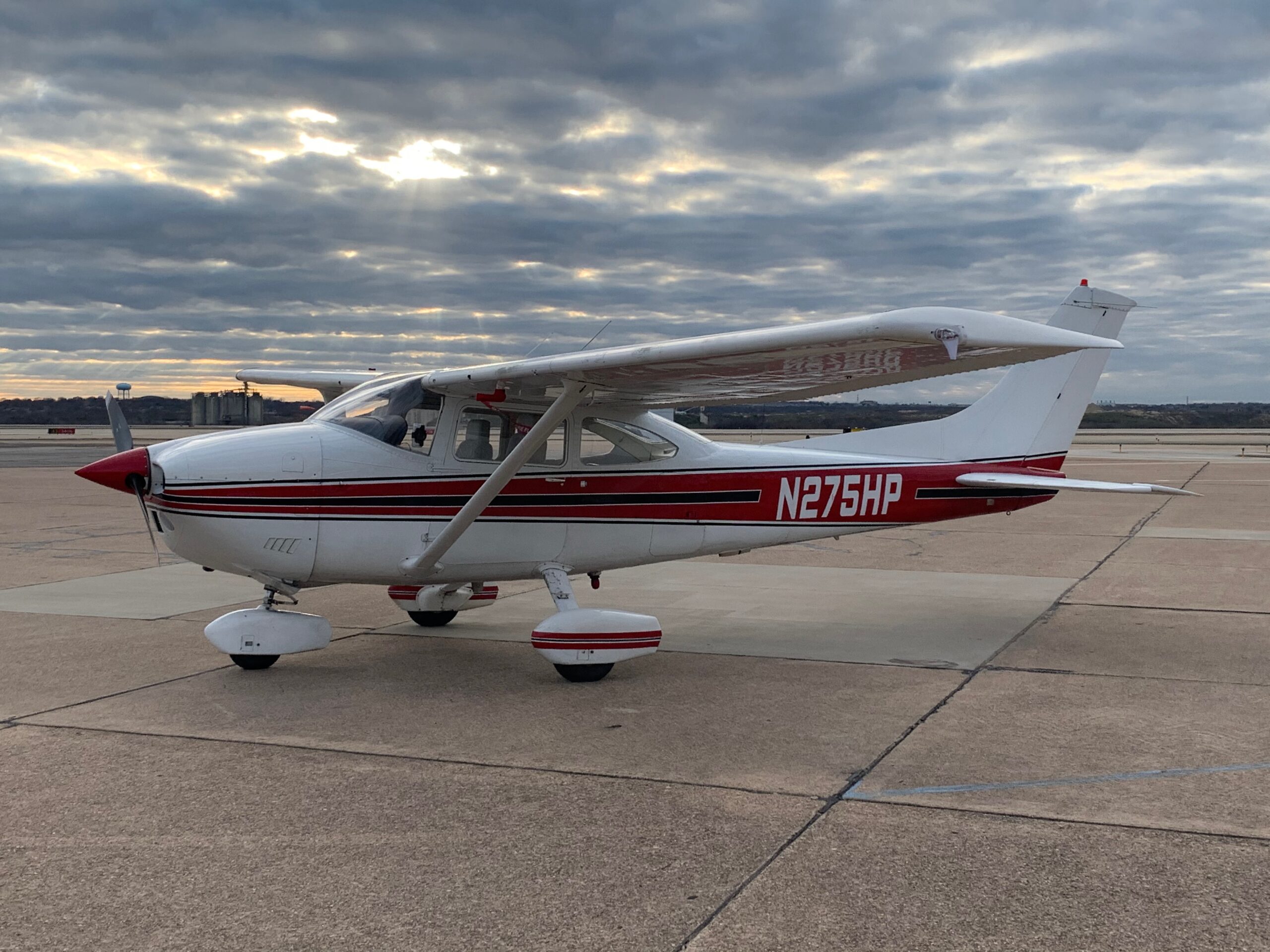
Ready to turn your passion into a career?
Commercial pilots oversee the safe and professional operation of aircraft carrying passengers, cargo, or conducting specialized missions. With a Commercial Pilot Certificate, you’ll unlock opportunities to work in charter operations, aerial survey, agriculture, and more — but most importantly, it’s the gateway to professional aviation careers and becoming a Certified Flight Instructor.
At Rich Aviation Services, our FAA-certified instructors provide the structured training you need to master instrument flying. Whether you’re pursuing a career or simply want to expand your skills as a private pilot, the Instrument Rating is an essential step.
*Three (3) hours of flight training must be conducted within the 2 calendar months preceding the test
In 2018, the FAA updated the commercial pilot requirements, allowing applicants to train in Technically Advanced Aircraft (TAA) instead of older “complex” airplanes.
A TAA includes:
Primary Flight Display (PFD): continuously visible electronic instruments
Multifunction Display (MFD): moving-map GPS navigation with aircraft position
Two-axis autopilot integrated with heading/navigation guidance
At Rich Aviation Services, you’ll have access to glass-cockpit aircraft that reflect the technology you’ll fly professionally, ensuring your training is relevant and forward-looking.
Commercial pilots are trained professionals who oversee the safe and efficient operation of aircraft for passengers, cargo, or specialized missions. Depending on their training and career path, they may fly for charter operations, aerial survey and photography, agricultural missions, or medical flights. Many begin their careers as Certified Flight Instructors, helping the next generation of pilots take flight.
At Rich Aviation Services, we prepare you for this level of flying with advanced instruction in aircraft systems, aerodynamics, and safety procedures — giving you the confidence to handle complex maneuvers, emergency procedures, and professional operations.
To become a commercial pilot, you’ll need to meet both basic eligibility and aeronautical experience requirements:
Basic requirements:
Be at least 18 years old
Hold a Private Pilot Certificate
Hold a valid FAA Second- or First-Class Medical Certificate
Be able to read, speak, write, and understand English
Aeronautical experience requirements:
250 total hours of flight time (minimum)
100 hours in powered aircraft (50 in airplanes)
100 hours as Pilot in Command (50 in airplanes, 50 cross-country)
20 hours of commercial training, including:
10 hours instrument training
10 hours in a complex or Technically Advanced Aircraft (TAA)
One daytime and one nighttime 2-hour cross-country flight (over 100 nm each)
One solo cross-country of at least 300 nm with landings at 3 airports
5 hours night flying, including 10 takeoffs and landings at a towered airport
Exams required:
FAA Commercial Pilot Knowledge Test (written)
FAA Practical Exam (oral + flight checkride)
Instead of training in outdated “complex” aircraft, commercial applicants can now use Technically Advanced Aircraft (TAA) — modern airplanes with glass cockpits and autopilots.
At Rich Aviation Services, our fleet includes Garmin-equipped Skyhawks and advanced avionics platforms, giving you hands-on experience in the technology you’ll encounter in real-world commercial flying.
Meet the prerequisites — Be at least 18, hold a Private Pilot Certificate, and have your FAA medical.
Enroll in ground training — Learn advanced topics such as aerodynamics, regulations, and systems.
Build flight experience — Log 250 hours, including cross-country, night, and instrument time.
Train in a TAA or complex aircraft — Master advanced systems and procedures.
Pass your checkride — Complete both the oral and flight exam with a designated examiner.
Continue advancing — Many graduates go on to earn instructor ratings, multi-engine privileges, or begin building time for airline requirements.
With your Commercial Pilot Certificate, you can:
Work as a Certified Flight Instructor (CFI/CFII/MEI)
Fly for charter or air taxi operators
Build time toward the airlines
Pursue specialized flying such as aerial photography, agriculture, or survey work
Transition into corporate aviation or business jet flying
Commercial pilot salaries vary depending on the path you choose. Entry-level jobs (such as instruction or local charter flying) may start around $25,000–$40,000 per year, while experienced corporate or airline pilots can earn well into the six figures. The U.S. Bureau of Labor Statistics projects strong job growth in the field, making commercial aviation a rewarding long-term career.